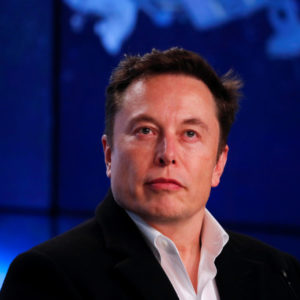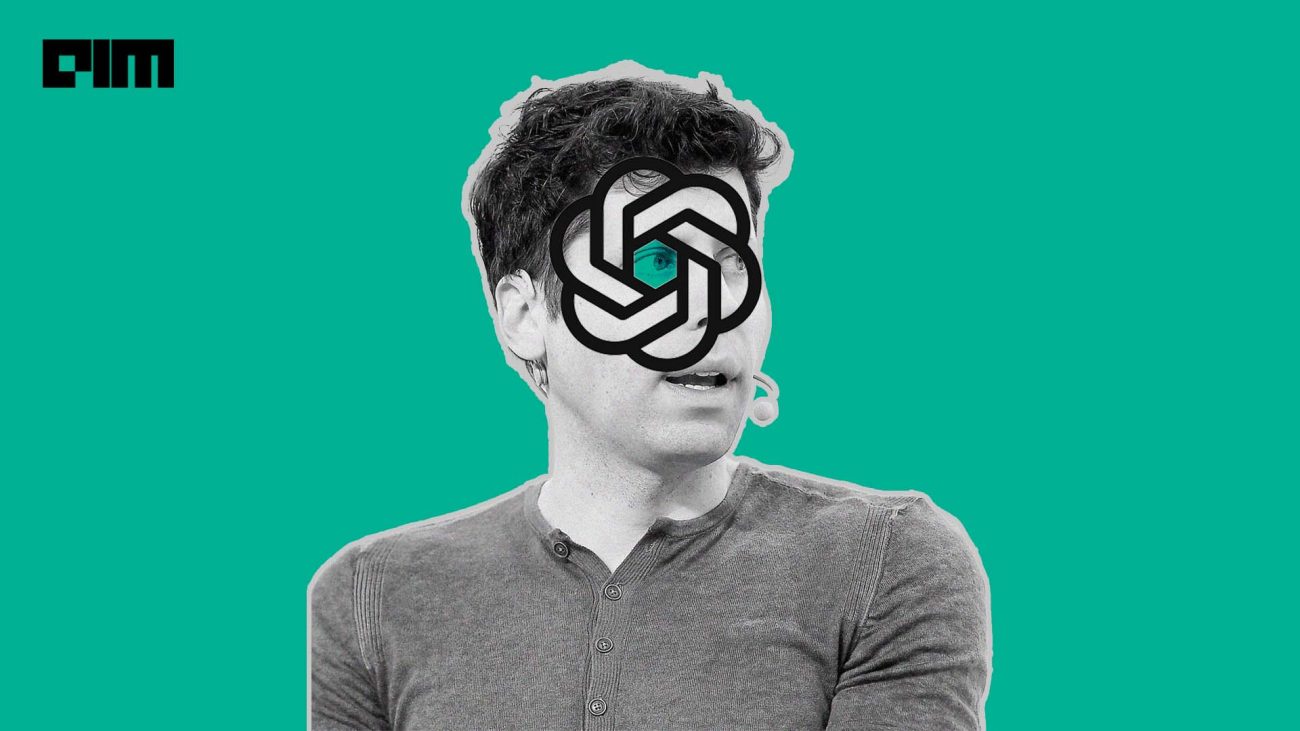|
Listen to this story
|
Microsoft reviving its long forgotten search engine—Bing—from the dead by investing $10 billion in a non-profit research organisation such as OpenAI, which also eventually became profitable in 2019, is one of the most inspiring stories from 2022-23. However, even more inspiring is that the CEO of OpenAI, Sam Altman, interestingly decided to not have any equity in the company. Looks like we have the Uncle Sam of AI, and a social-minded capitalist. There is a story behind this.
In 2015, Elon Musk ‘donated’ $100 million to the research organisation. However, as differences grew and his focus shifted entirely towards Tesla, he decided to sell the shares to Microsoft in 2018, completely cutting ties with OpenAI. Musk had originally promised $1 billion to OpenAI.
In January this year, after investing $10 billion in OpenAI, Microsoft is entitled for 75% of the profit shares that the company makes until it breaks even, after which Microsoft will own 49% of the shares. The other 51% is distributed between different VCs and employees of the company, apart from Altman. But he is still part of the board along with Greg Brockman, Ilya Sutskever, Adam D’Angelo, Will Hurd, Tasha McCauley, Helen Toner, and Shivon Zilis, who recently stepped down.
Simply put, the once non-profit company is now owned completely by one big tech company and select venture capitalists. An even bigger question, however, is: Can there be any reason why the CEO of the company wants no equity?
Sam “Altruism”
Looks like Altman has been very passionate about the work that OpenAI sought to do. According to reports from Semafor, he does not intend to acquire any equity even after the company’s shift toward profitability. However, the reasons can be plenty. The most important one perhaps, which Altman himself cites, is that he has already made a lot of money by investing in startups through the years.
very calm in the eye of the hurricane ☺️
— Sam Altman (@sama) March 30, 2023
Earlier, as the Chairman of Y Combinator, Altman had invested in a lot of wildly successful tech startups. He was and still is extremely wealthy.
When OpenAI decided to form its for-profit entity in 2019, Altman said that it was important for the organisation to turn into a business to continue working but, even then, none of the projects were designed to earn profits—it became necessary for them to raise funds to power their ambitious AI projects. The company wrote back then, “We want to increase our ability to raise capital while still serving our mission, and no pre-existing legal structure we know of strikes the right balance”.
This opened the gates for investors like Khosla Ventures and Reid Hoffman Foundation to pour money into the firm the same year. But, even in this landscape, OpenAI had capped the profit for its investors, directing the remaining funds for research and non-profit.
But Sam Altman’s altruistic approach and half-hearted approach towards building enterprise products actually turned off many investors. As per Crunchbase, OpenAI has eight investors, apart from Microsoft—Y Combinator, Sequoia Capital, Khosla Ventures, Andreessan Horowitz, Tiger Global Management, Reid Hoffman Foundation, BedRock Capital, and Matthew Brown Companies.
There’s more twist. In 2018, Musk approached Altman and other founders asking for complete control of OpenAI. This was because he believed that the research organisation had fallen fatally behind Google, another reason why he also cut his donation into 1/10. This was obviously rejected by other founders, which eventually led him to give up on OpenAI by selling the shares to Microsoft.
Clearly, after the release of ChatGPT, the tables have turned—Google is now lagging behind OpenAI. Maybe Musk should have hung around a little bit longer. Now, he has chosen the path of criticising OpenAI’s closed door AI research policy. He tweeted in February about how the company was formed to “serve as a counterweight to Google” but has now become completely controlled by Microsoft.
Just Evading Controversy
Microsoft came in within six months of OpenAI opening the gates for investment, offering $1 billion along with the infrastructure that OpenAI needed. Grabbing on, the company built DALL-E and then ChatGPT. Musk furiously pulled OpenAI’s access to the abundant Twitter data—backtracking on a contract that was signed before his purchase of the platform. He cited that OpenAI is neither open nor non-profit anymore as his reasoning behind the move.
To Musk’s credit, it is true. The motivation? Probably Microsoft. Being the exclusive cloud provider for OpenAI, the tech-giant is providing AIaaS—AI as a service—to its customers. Now, even if OpenAI plans to prioritise research, Microsoft is going to end up making money out of it. That is probably why OpenAI decided to cap the profit for investors.
Altman conveniently stays quiet amid all this controversy. While some might see the aversion to equity move as selfless or even noble, others are left scratching their heads. It can be as simple as evading the controversy and allegations if OpenAI’s technology goes rogue. Back in 2019, in an interview with the New York Times, he had also compared OpenAI’s ambition with the Manhattan Project while invoking the words of Robert Oppenheimer, the father of atomic bomb.

In a recent podcast with Lex Fridman, Altman had shared OpenAI’s ambitions towards building AGI. This was accompanied with his concerns about what it might possibly bring along. Altman’s decision to forego equity is therefore possibly a way for him to distance himself from any potential controversies or ethical dilemmas that could arise from OpenAI’s research.
The recent petition to pause training of models beyond GPT-4, which is led by Gary Marcus and Elon Musk hints towards just that—stirring up hysteria and controversy around LLMs, more specifically GPT-4. The petition explains that, before marching towards a more potent and possibly more benevolent AGI, it is imperative to stop and form guidelines and guardrails around it.
However, even if Sam Altman assumes that staying away from the shares of the company that has the possibility of building such dangerous technology might make him less liable to be accused, that is not true. Everyone in the world has already attached his name with OpenAI, and he is still the board member of the non-profit. There is no going back but not that he wants to anyway.

























